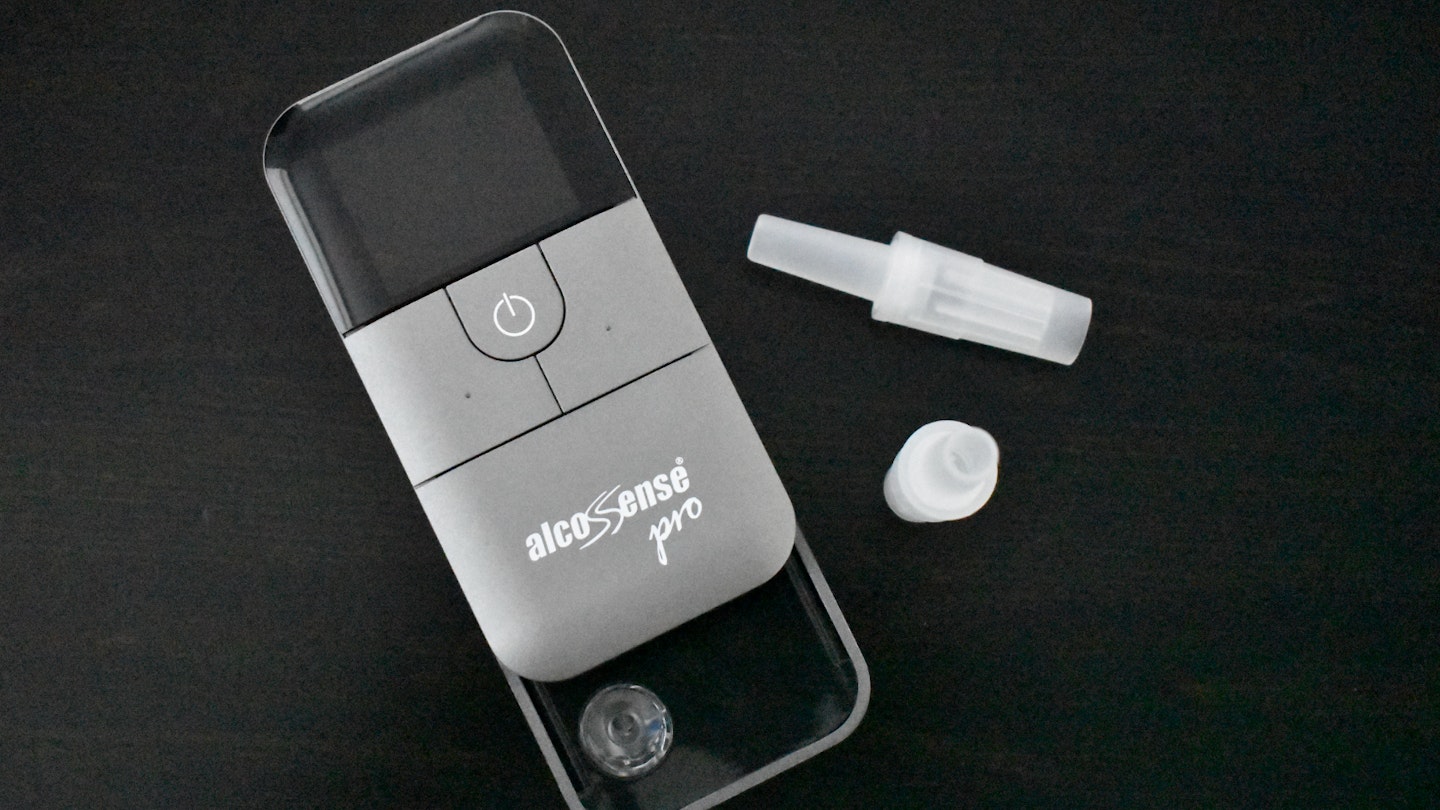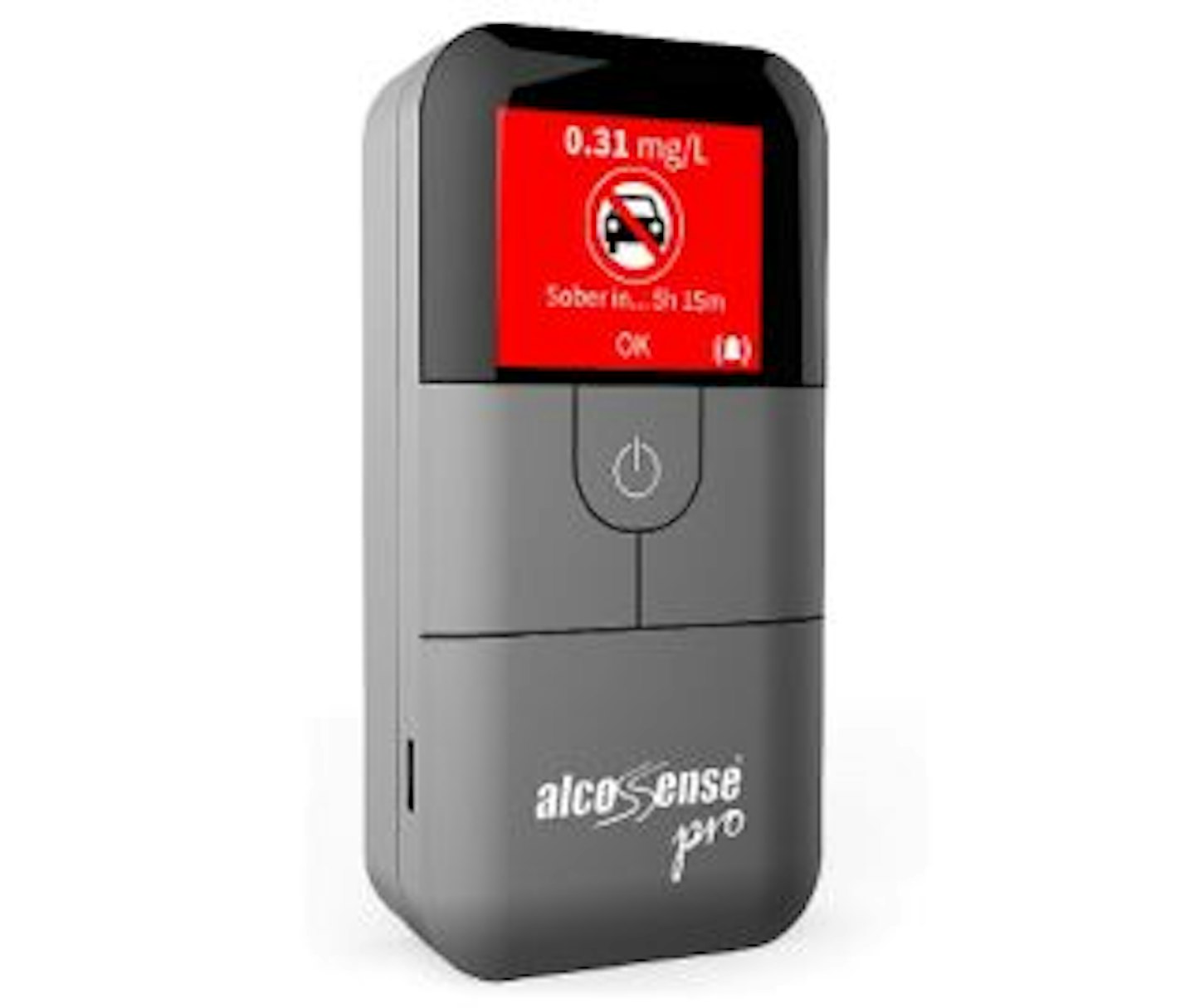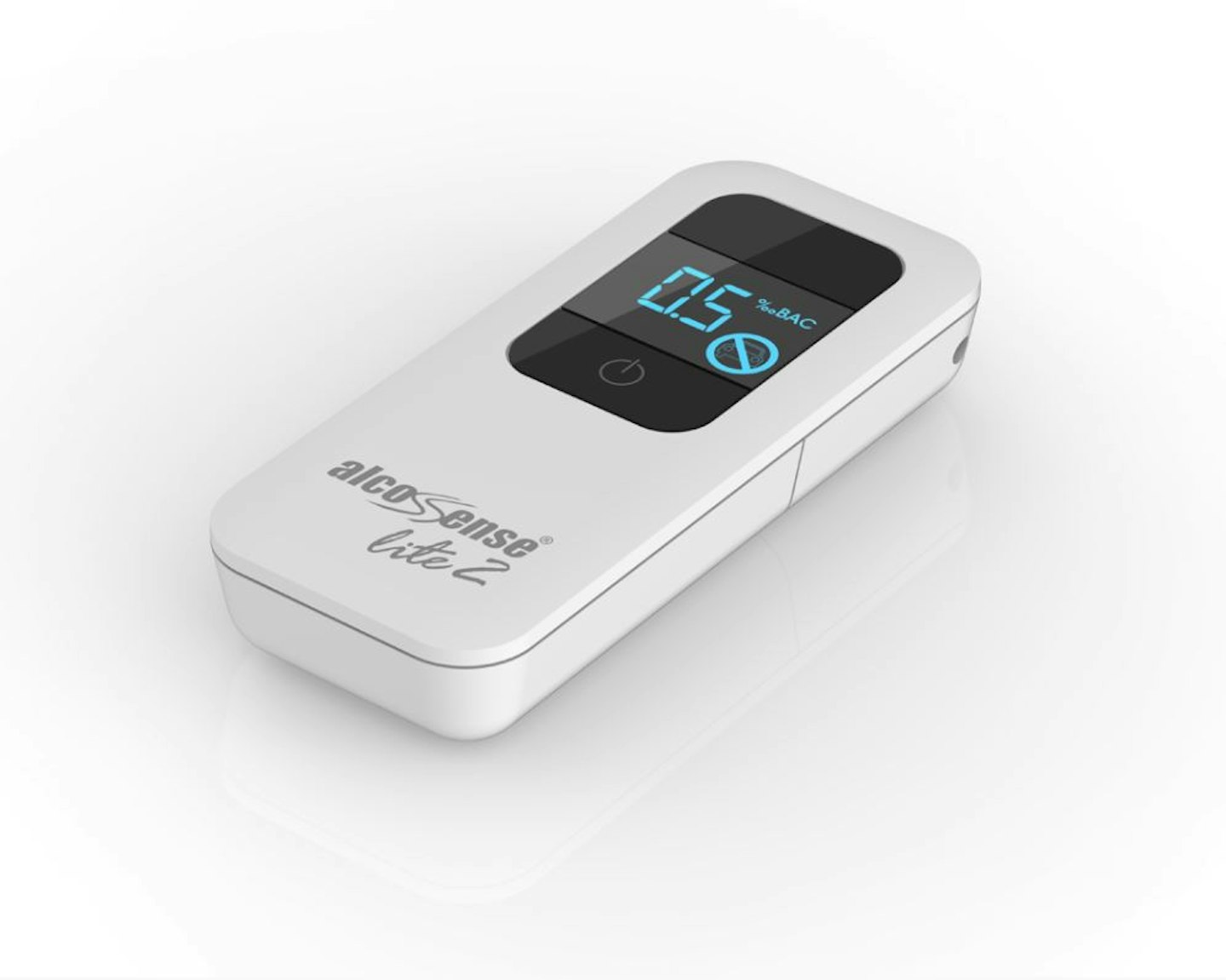You know this, but we’re going to say it anyway before we dive in: it’s safest to have no alcohol at all before driving.
Yes, teacher.
Good.
It's difficult to know whether you’re good to drive or not after having a beverage or two. Not least because there is an unequivocal rule about it – it’s different for everyone. But that is where a breathalyser shines. A good one does, anyway.
Home breathalysers
Theoretically, these analyse your alcohol level in exactly the same way as a police device does by measuring how many micrograms of alcohol there are per 100ml of breath.
We’ve found one brand that produces reliable home breathalysers, and that brand is AlcoSense. The model we recommend is the AlcoSense Pro, it costs about £150 and while you may baulk at that, it’s a darn sight less than a £2500 fine, a driving ban, or even prison.
Best home breathalyser
The AlcoSense Pro a must-have tool for any driver who's had a tipple. This surprisingly sophisticated device measures the amount of alcohol in your breath like many others, with a few more handy features built-in.
First of all, it uses a sensor that is of the same type as the significantly more expensive breath-testers the police will use at the roadside if they suspect you’ve had alcohol. The sensor itself is slightly smaller but works in the same way, so the readings this unit takes should be accurate.
We tested it scientifically (not in the pub, honest) with some control alcohol measured to read just below the UK’s 35 micrograms per 100ml of breath drink-drive limit. Tested on the sort of super-accurate unit the police will use at the station for your conviction, we found our test unit read almost exactly the same level of alcohol.
This particular product will also warn you not to drive if you blow over and suggest when you’ll be safe and sober to get behind the wheel again. You can change the parameters to apply in most countries and the unit will tweak the readings according to the selected region's drink-drive limits. Clever stuff.
Other products we recommend from AlcoSense
Best budget breathalyser
A budget option for a digital breathalyser, the Alcosense Lite 2 uses a more basic sensor than other Alcosense models, but it will still give accurate results. While it may lack the same features as more expensive options, it will still give accurate results for English, Irish and Scottish testing. It is also fantastically made and very easy to use.
Best disposable option
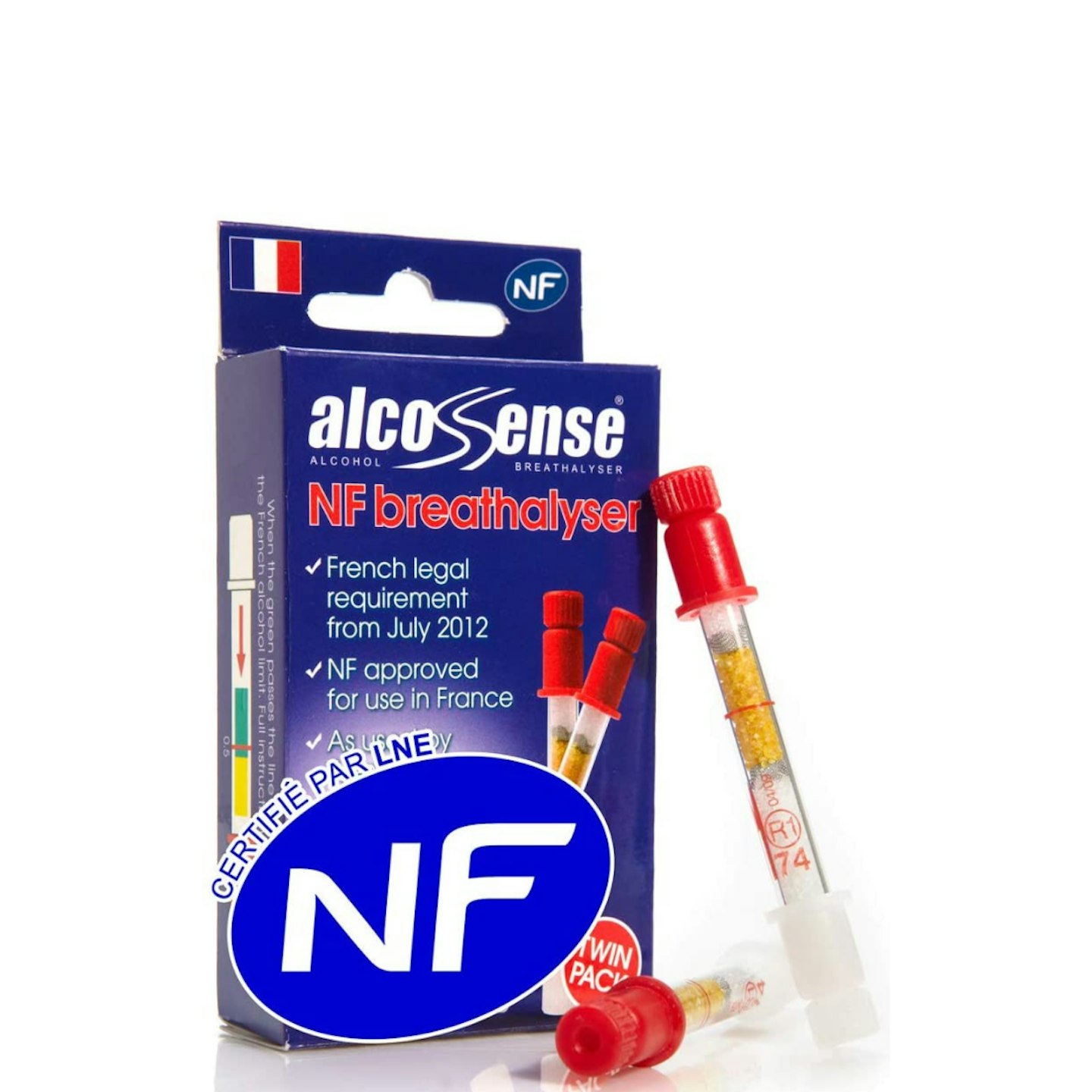
These disposable breathalysers are NF approved, meaning they can be used when driving in France (a legal requirement). While they don't offer the same features as other brands, for single-use testing they can't be beaten. The only EU country that has a standardised testing facility is France, so look for breathalysers that come with NF approval (French Standard). These will be accurate.
Distinguishing the good from the bad
Like most products in any field of the market, cheap breathalysers are rubbish. Period. It’s all too easy to come across cheap breathalysers promising a lot, but don’t be sucked in.
In the UK, there is no industry standard or regulating body for breathalysers, so be careful of models that use buzzwords that really are meaningless. Extreme examples include one cheap breathalyser that claimed to use police-grade equipment, which meant it used the same screws to hold it all together.
There are a number of good, disposable breathalyser kits. But in today’s world, disposable products have become somewhat socially unacceptable.
Drink drive limits in the UK
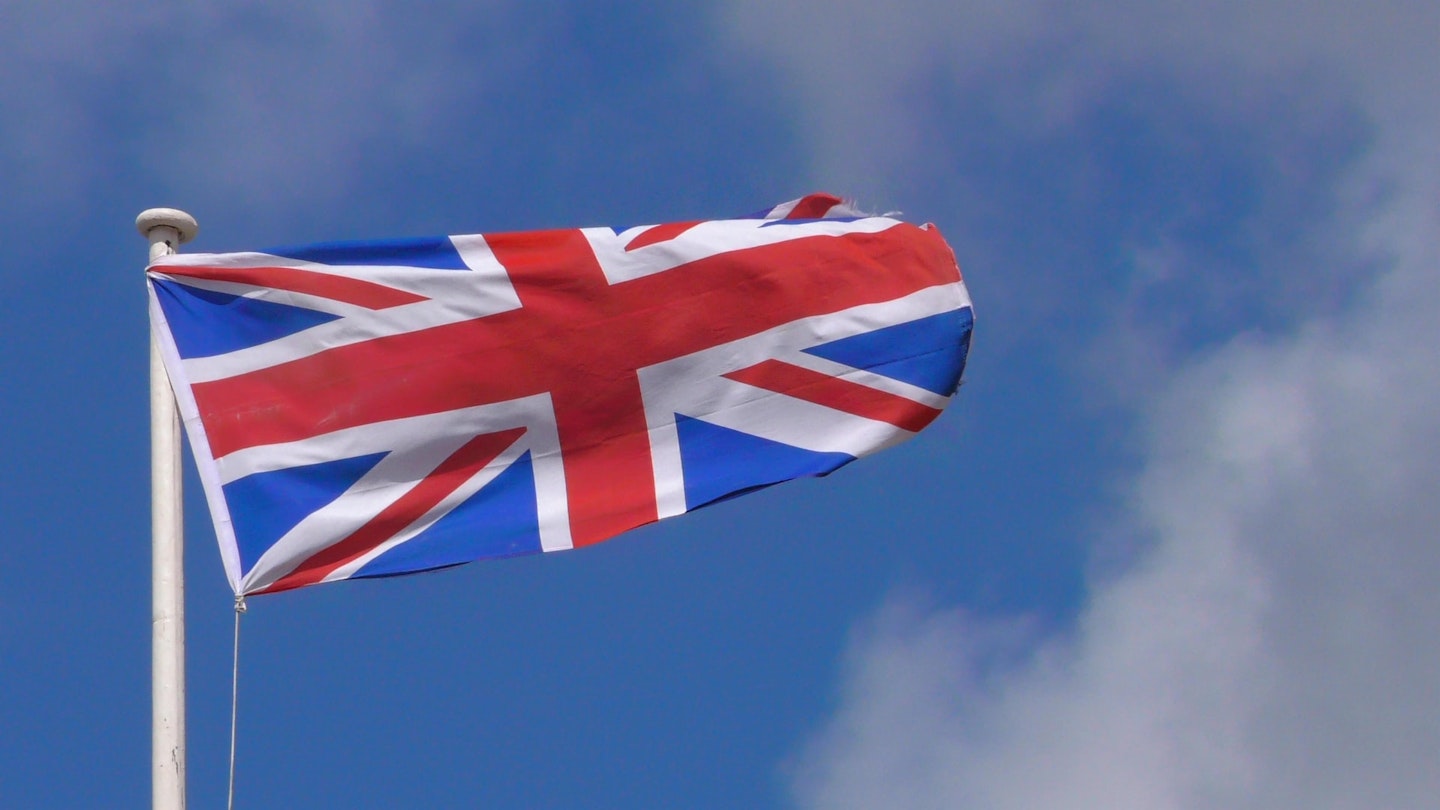
England, Wales, and Northern Ireland
The legal limit for drivers in England, Wales, or Northern Ireland is 35 micrograms per 100ml of breath.
Scotland
The legal limit for drivers in Scotland (and the Republic of Ireland) is 22 micrograms per 100ml of breath.
Research shows that you’re also far more likely to be involved in a serious or fatal car accident if you’re at the 35 microgram limit. A survey found that those with 22 micrograms of alcohol in 100 millilitres of breath were five times more likely to be in a fatal accident as a sober person, but someone with 35 milligrams is a whopping 13 times more likely.
The government is constantly under advice to lower the drink-drive limit to match Scotland’s, with Parliamentary Advisory Council for Transport Safety (PACTS) having done exactly that early in 2021.
Read next:
The best radar detectors to keep you on the right side of the law
